In the midst of the Covid-19 global pandemic, it s easy to feel overwhelmed and a bit hopeless. When I was forced to postpone my upcoming safaris planned for this May and June to Tanzania and Botswana to next year, I must admit it was a pretty horrid feeling. Part of that feeling was purely selfish - I m really going to miss Africa this year! But I m also worried about my friends working in safaris and conservation, and what this means for the people and wildlife of Africa. But before I could even start to feel miserable about all that, emails started rolling in from our guests from all across the world. No one talked about cancelling; everyone was just as keen as I was to make sure we get over to Africa, even if it is a year later. I am so grateful for this - because Africa really needs us right now.
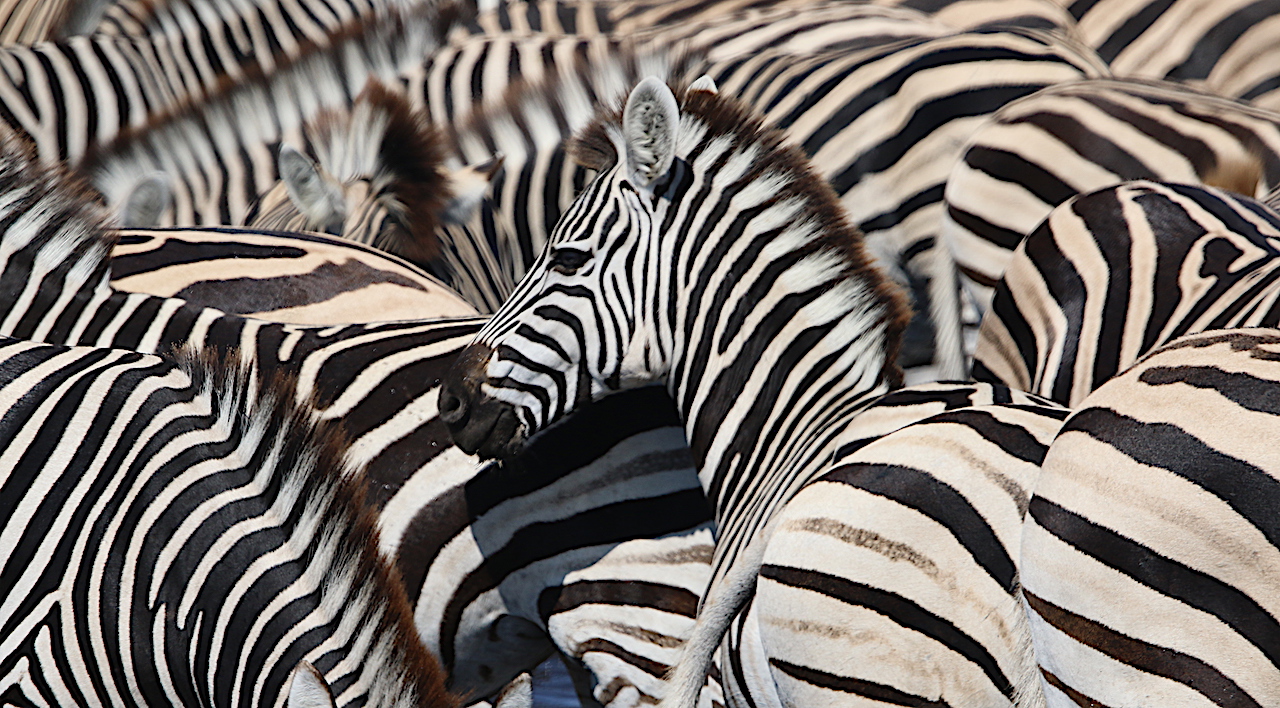
Photo: Great Zebra Migration, Makgadigadi National Park, Botswana
There is a big push to encourage more of us to travel closer to home when this is all over, and that s something I also advocate for. Our family tries to get out into our back yard in the bush in northern Australia whenever we get the chance and we are lucky to have so much wild nature on our doorstep here, from tree kangaroos and cassowaries in the Daintree rainforest around us to kangaroos and wallaroos a little further west into the outback, and of course, the Great Barrier Reef on our doorstep, a short boat trip away from Cairns. Travelling and buying locally is a great way to reduce your carbon footprint and there s nothing better than getting out into nature for nourishing the body and soul.
But it s so important that we don't forget about Africa in these tumultuous times. Let's face it: isolation for us in the developed world is a very different experience compared to what many people in Africa are facing right now. The kind of small group safaris and independent safaris for couples and families that Matson & Ridley Safaris specialise in arranging make a huge difference in ensuring Africa's wild areas stay wild and continue to provide employment for local communities living on the edge (and within) conservation areas. Over the last 6 years, we estimate that our little company has invested over US$1.5 million into Africa through our ethical safaris, working together with key on-ground partners including Natural Selection, Asilia Africa, Wilderness Safaris and Great Plains Conservation. We are so proud of this.
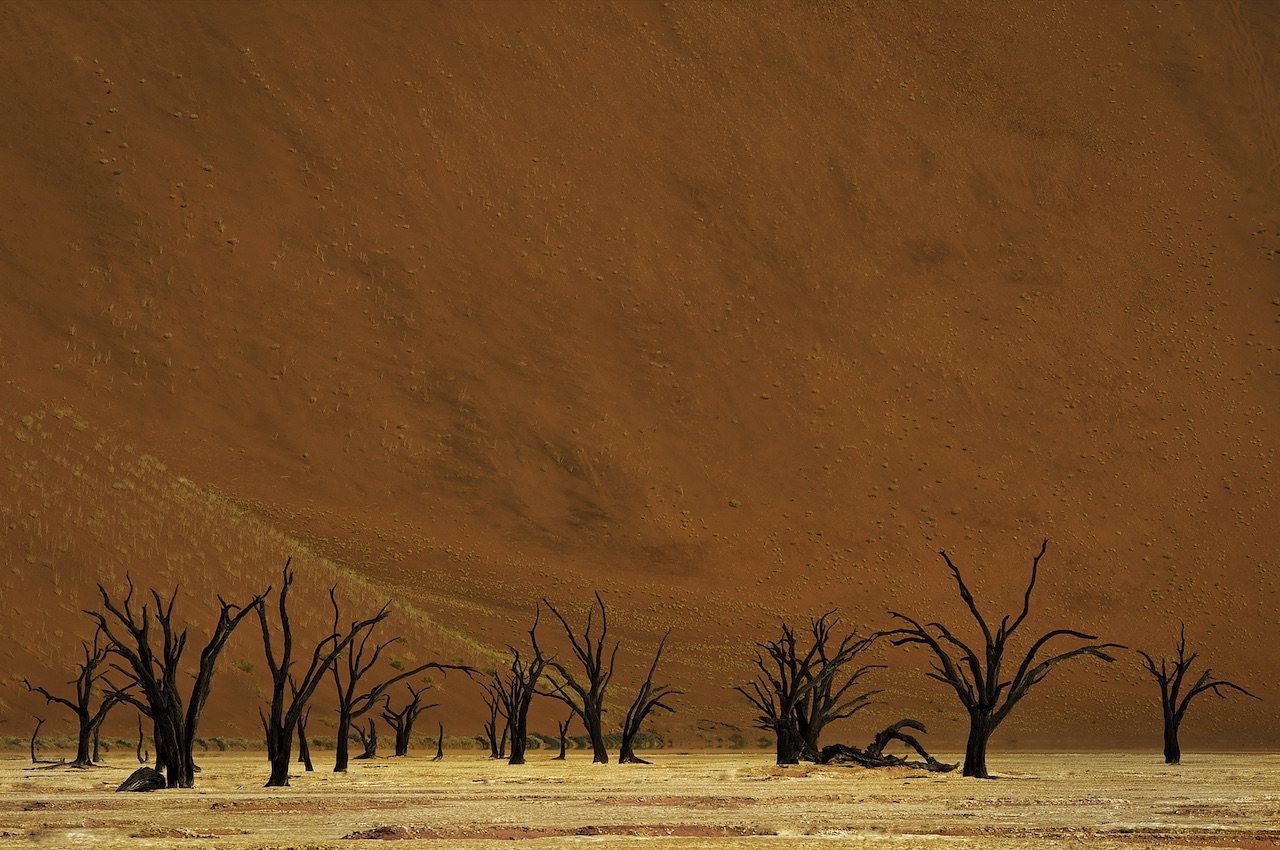
Photo: Natural Selection. Namib Rand Reserve, Namibia (included in Tammie's July 2021 Namibian Flying Safari)
But it takes a lot of people working together to make conservation happen in Africa, to ensure that iconic landscapes like the Serengeti and Ngorongoro Crater, Okavango Delta and Namib Desert are there for our children and grandchildren to wonder at one day. Above all, it depends on the local people who live in or near these areas, the owners and custodians of the land. Tourism employs almost 9% of the population in Botswana and contributes nearly 1 in every 7 dollars to the economy. In Namibia the figure is even higher, at almost 16% being employed in tourism. Each person employed in tourism typically supports many others, between 5 and 7 people. So the closure of the safari camps and loss to tourism this year is having far reaching impacts across these areas.
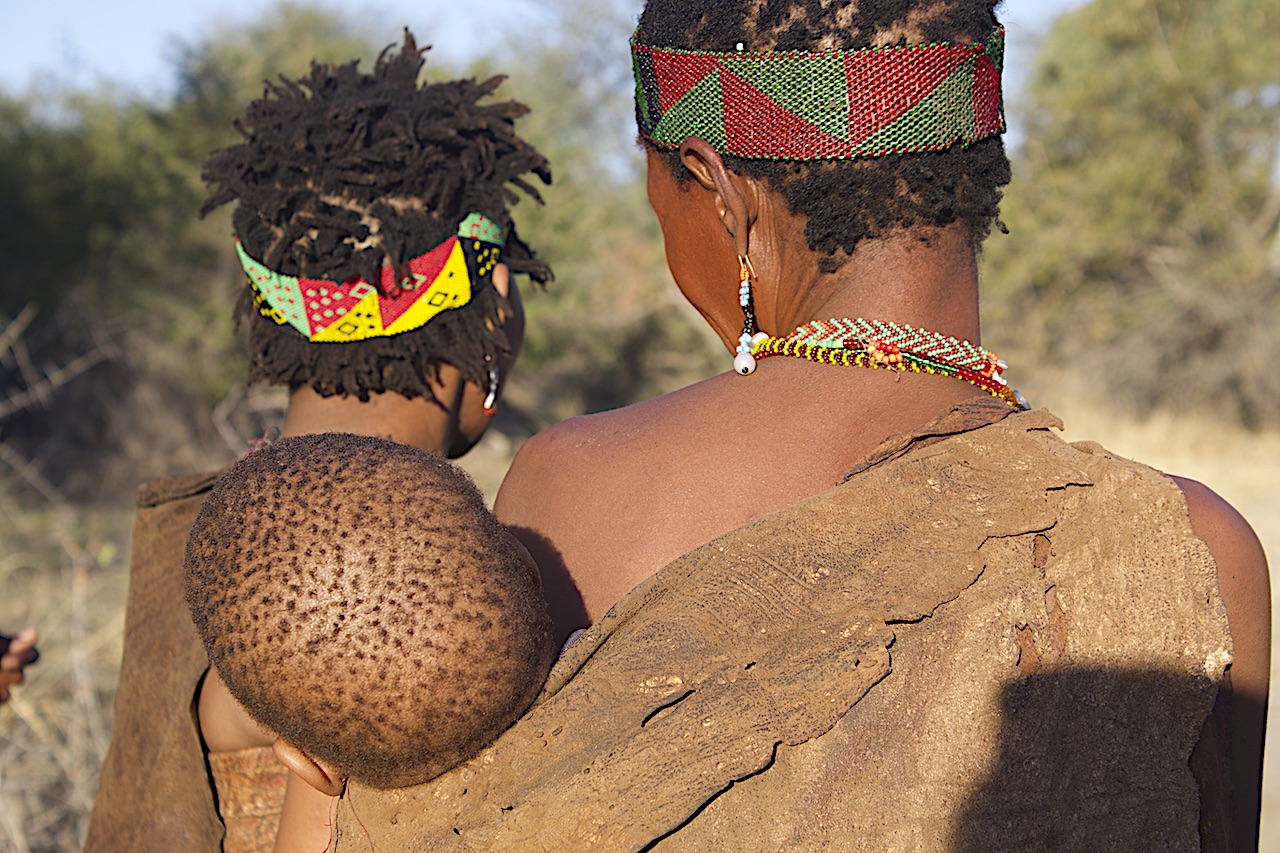
Photo: San Bushmen, Meno a Kwena Camp, Botswana
While many of the safari camps have had to close for the first part of this year and staff sent home to isolate with their families, the work of our conservation partners in Africa goes on. There are great things happening in the world in the face of this huge challenge. Our wonderful friends at Natural Selection in Botswana have converted many of their safari guides into wildlife rangers in places like Khwai Private Reserve. The thing is, if you remove all the tourists from an area, it doesn't take long before poachers take advantage of it. Having people on the ground - a viable presence - is essential to prevent poaching and Natural Selection is bearing the cost of this to keep boots on the ground and staff in jobs. They are in this for the long haul and they need us to stay with them. Poaching often arises from desperation, and the Covid-19 crisis has the potential to increase this among local communities. Another brilliant initiative by Natural Selection is their Covid-19 Community Programme. They are facilitating payments for food to help local communities who have been adversely affected by the virus by reaching out to people like us to support a local family through the Natural Selection Foundation. US$75 feeds a family of six for a month. To help, please click here.
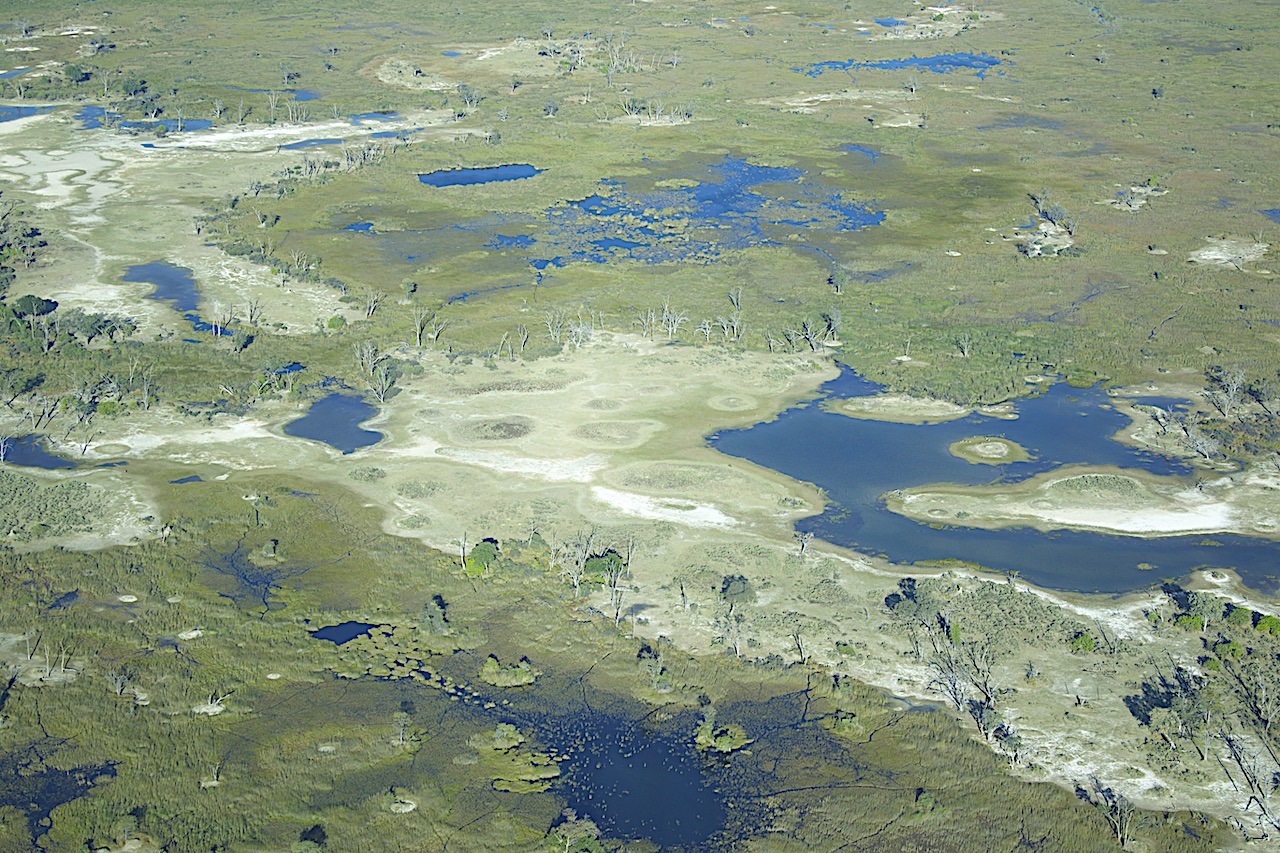
Photo: Okavango Delta from the air, Botswana
In Rwanda, the government was quick to act to protect both the people of Rwanda and the mountain gorillas from the current pandemic. Mountain gorillas, which share 98% of our human DNA, are just as susceptible to Covid-19 as we are. While the safari lodges and camps have largely shut down, the government-employed rangers and staff of the Dian Fossey Gorilla Fund are still out there protecting the gorillas and taking special measures to ensure the gorillas are protected from the virus. This includes the rangers working in two-week rotations with the gorillas, isolated from their families, to ensure there is no spread.
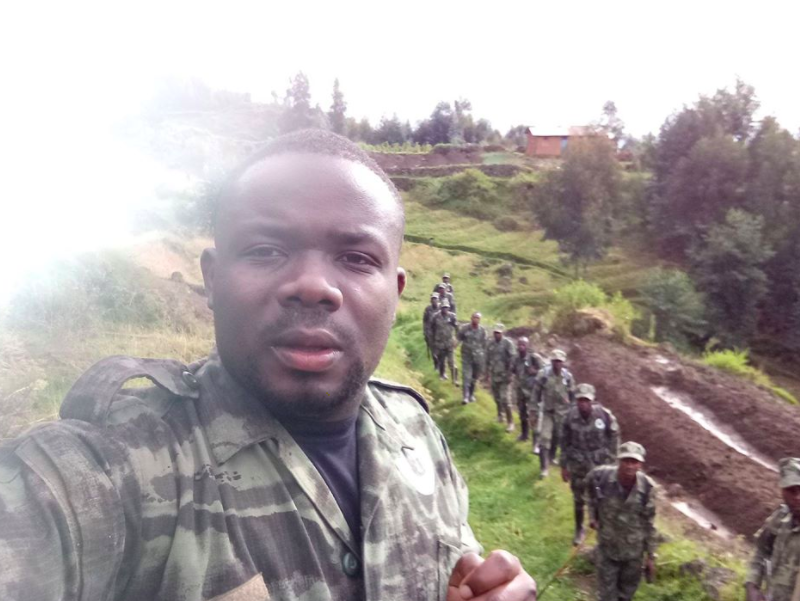
Photo credit: Diane Fossey Gorilla Fund International Facebook Page
The Covid-19 crisis has brought with it incredible pain and losses around the world and so much fear and anxiety among individuals, scared for loved ones and their jobs. My heart goes out to everyone affected by this in small and large ways. Thankfully, we are already seeing some silver linings for the environment, with the reduction in transport (flights, cars, public transport) and other economic activity resulting in a significant improvement in air quality in many places. When this is all over, or at the very least over this Easter break, I hope many of us will be able to look back at this time and think how lucky we were to have some time out of the rat race to spend time reconnecting with our family (even if, for some of us, it is via video conferencing!) and to spend a bit more time simply slowing down and listening to each other and to nature.
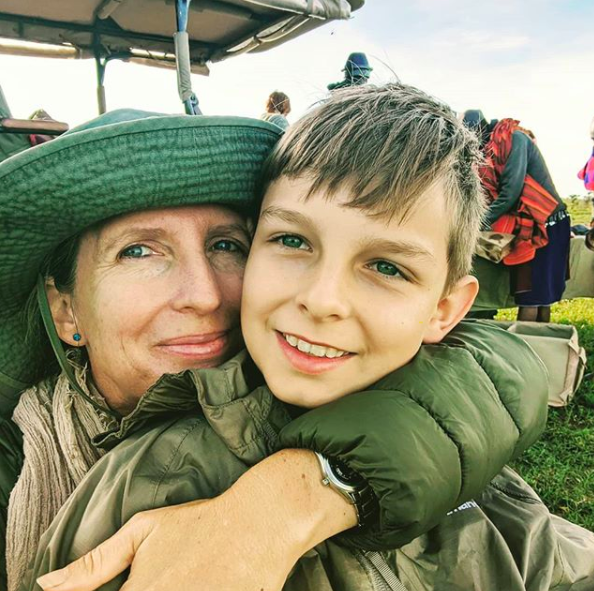
Photo: The author and 10 year old son, Solo, recently in Naibosho Conservancy, Kenya
For our other safari guests travelling after June this year, if international travel bans are still in place 2 months prior to your safari we are able to postpone your safari to dates that suit you in the following year. We'll be in touch as this year progresses and hoping that we can all get back over to Africa as soon as possible!
Wishing you all a happy and healthy Easter (and a visit from the Easter Bilby!).
